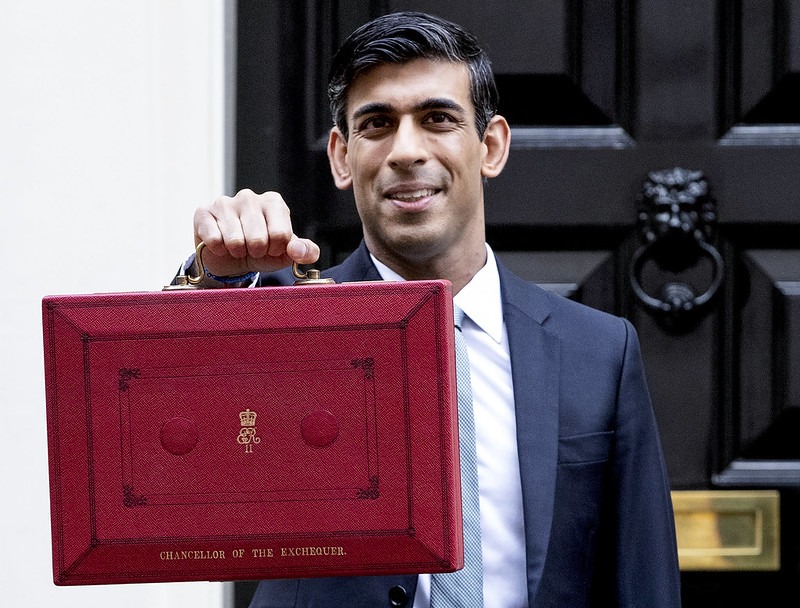Chancellor Rishi Sunak recently gave his Autumn Budget speech to Parliament, where he used the opportunity to lay out some of his tax plans after a tough year caused by the pandemic and Brexit.
You might have heard some of the main announcements by now: cuts to air passenger and alcohol duties, an extension to the recovery loan scheme and new business rates relief for certain businesses in England.
But what did Sunak say about the housing and property sectors?
Autumn Budget 2021 and affordable housing
The Government has committed itself to growing housing supply year on year, as it has done since 2012/13, reaching a record high of 244,000 new English homes in 2019/20.
To keep people more homes each year, Sunak announced the Government would introduce a £24 billion “multi-year housing settlement”, which will include:
- an additional £1.8bn to deliver on £10bn of investment in housing supply since the start of the current Government to 2025/26 “and beyond”
- £11.5bn investment into the affordable homes programme to build 180,000 new homes
- £65 million investment to improve planning regime
- £5bn to remove unsafe cladding from buildings most at risk of accidental fires.
Residential property developer tax
To help fund the removal of unsafe cladding, Sunak announced a new tax called the residential property developer tax (RPDT), otherwise known as the ‘cladding tax’.
The RPDT will be applied at 4% on the profits of companies involved in residential property development from 2022/23.
The tax will only kick in on profits over a £25m annual threshold so “the largest developers make a fair contribution to help pay for building safety remediation”.
Between the 2022/23 and 2026/27 tax years, the Treasury estimates revenues from the RPDT to reach £1.125bn, highlighting the fact it is only contributing to part of the funding required for cladding removal.
Business rates reform in England
Sunak also announced a range of changes to business rates in his speech.
First, he revealed the business rates multiplier would be frozen for 2022/23, which will save businesses in England a total of £4.6bn over the next five years, according to the Treasury.
Sunak also announced business revaluations will occur more frequently – every three years, rather than every five – so the rates businesses pay on their commercial premises are more fair and easier to work out.
Furthermore, eligible retail, hospitality and leisure businesses will only have to pay 50% of the business rates they owe in 2022/23, up to a cap of £110,000 per business.
This will come as good news for the eligible businesses that were due to switch were paying 33% of their business rates bill to 100% on 1 April 2022.
Finally, Sunak revealed that businesses that make eligible improvements to their property to increase its value will be entitled to a 100% improvement relief for business rates for 12 months.
The Government will consult on how best to implement this relief, which will take effect from 2023 and be reviewed in 2028.
Capital gains tax on UK property
Buy-to-let landlords and second homeowners now have twice the amount of time to report and pay capital gains tax after selling a residential property in the UK – 60 days, up from 30 days.
The change came into effect directly after Sunak’s Budget, applying to property transactions completed on or after 27 October 2021.
The extension also applies to non-UK residents disposing of any type of property in the UK, regardless of whether they own it directly or indirectly.
When a mixed-use property is disposed of, the 60-day payment window will apply only to the residential element of the property gain.
Contact us to talk to us about your property.

